Is It Legal to Cross State Lines with Cannabis?
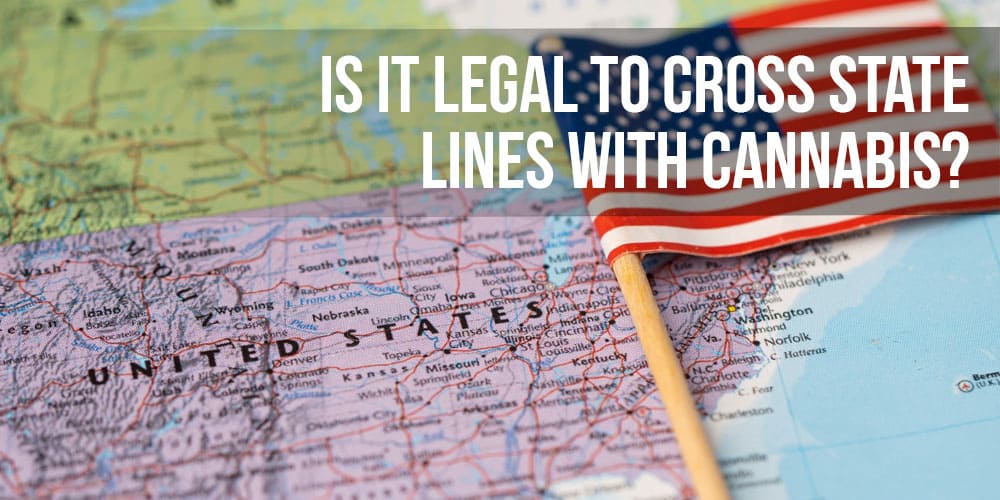
In the ever-evolving landscape of cannabis legalization, a complex patchwork of laws governs its use, sale, and transportation across the United States. One particularly murky area of this legal terrain is the issue of whether it is legal to cross state lines with cannabis. As states individually push forward with varying degrees of legalization, the federal stance remains staunchly in opposition, creating a significant legal dichotomy that affects consumers, businesses, and law enforcement alike.
- Cannabis Legalization: Where Weed is Legal in the US
- Legalization and Decriminalization: Understanding the Distinction
- Legalizing Weed in California: From Prohibition to Prosperity
The Legal Paradox: Federal vs. State
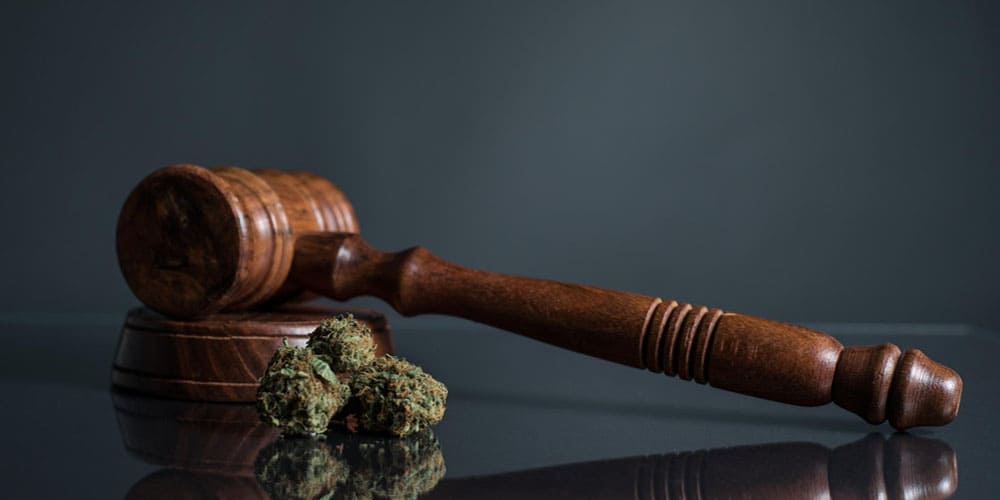
The legalization of cannabis presents a complex paradox between federal and state law. While a significant number of states have adopted various degrees of legalization, whether for medical or recreational purposes, the federal government remains steadfast in classifying cannabis as a Schedule I controlled substance. This designation under the Controlled Substances Act places cannabis in the same category as heroin, deeming it to have no accepted medical value and a high potential for abuse, directly conflicting with states that recognize its medicinal properties.
The disparity in legality creates a legal labyrinth, complicating the lives of consumers and businesses operating in the cannabis industry. Individuals who lawfully purchase cannabis in one state might inadvertently violate federal law simply by crossing state lines. Businesses struggle with logistical issues stemming from the inability to transport their products across state borders, resulting in fragmented markets and limiting access for patients in states with more restrictive cannabis laws.
This legal conflict underscores a fundamental inconsistency that has broad implications for law enforcement, commerce, and individual rights. Consumers who rely on cannabis for medicinal purposes may face serious legal consequences if they travel with their medicine, while businesses risk federal penalties even if operating in compliance with state regulations. The lack of clarity and alignment between state and federal laws demands urgent attention to resolve this paradox.
Explore the delicious and soothing world of APE Edibles, where each Cannabis-Infused Gummy offers a perfect balance of flavor and relaxation. These gummies are meticulously crafted with premium cannabis to elevate your senses to a state of blissful tranquility.
Understanding the Risks of Interstate Cannabis Transport
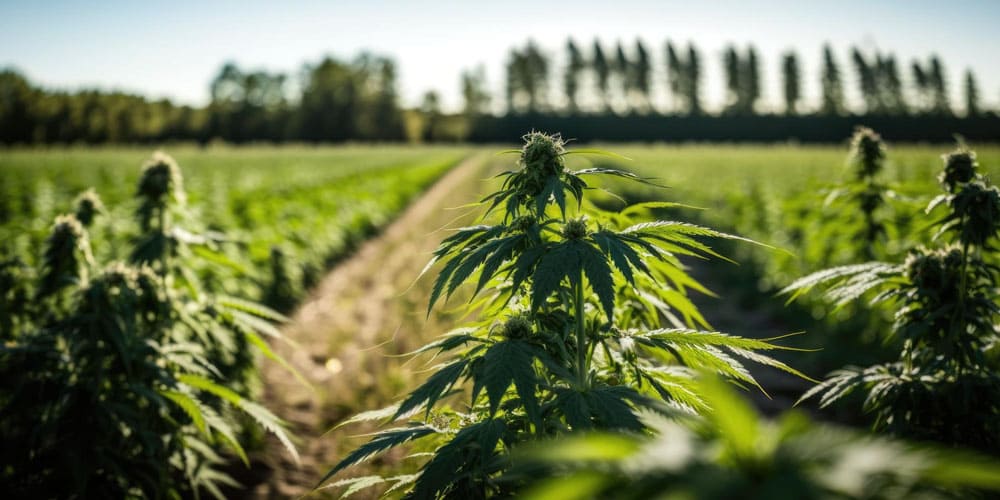
Transporting cannabis across state lines carries significant risks due to the ongoing federal prohibition. Despite the fact that several states have embraced legalization in some form, federal agencies like the Drug Enforcement Administration (DEA) continue to enforce federal laws that criminalize the transportation of cannabis. This applies even in cases where an individual is traveling between two states where cannabis is legal, as the act of crossing state lines places one under federal jurisdiction.
The legal consequences can be severe, ranging from fines and arrest to possible imprisonment. For medical cannabis users who rely on their medication, this creates a precarious situation, particularly when traveling for work or leisure. Inconsistent enforcement by federal agencies exacerbates the issue, as some cases of minor possession may not be actively pursued, while others could lead to significant penalties.
Furthermore, businesses involved in the legal cannabis industry face considerable challenges in navigating the prohibition against interstate transport. This restriction hampers the development of a unified market, restricts access to quality products, and complicates supply chain logistics. For those in the cannabis sector, understanding and mitigating these risks is crucial to maintaining compliance and avoiding legal pitfalls.
Legal Implications and Enforcement
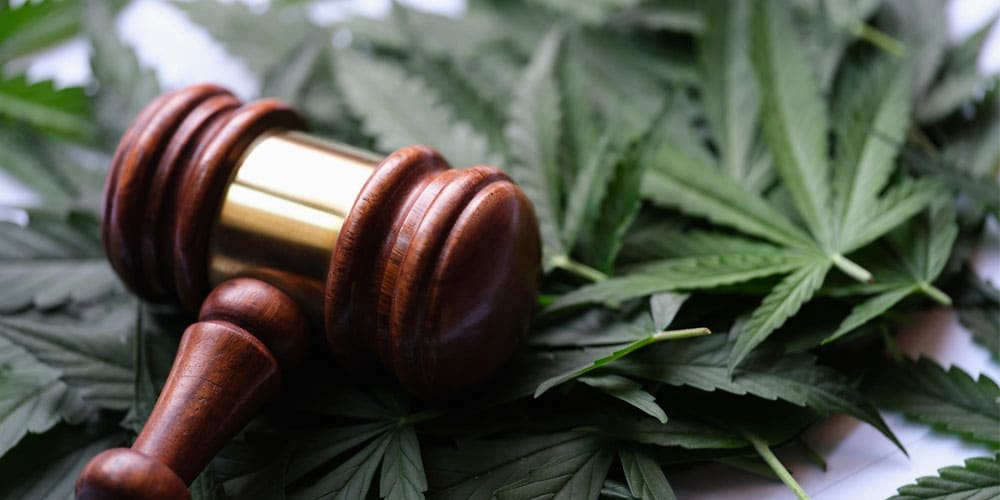
Navigating the legal implications of crossing state lines with cannabis requires a deep understanding of both federal and state laws. Federal enforcement agencies, particularly the DEA, are authorized to enforce the Controlled Substances Act nationwide. This means that even if someone legally purchases cannabis in their home state, taking it across state borders constitutes federal drug trafficking.
Enforcement policies vary based on the administration and local prosecutorial discretion, creating an unpredictable environment. While some federal agencies have deprioritized minor possession cases, others still prosecute them, particularly when larger quantities are involved. State law enforcement officials, often caught in the middle of conflicting policies, also face difficulties in determining when to intervene, complicating matters further.
The consequences of federal enforcement include hefty fines, seizure of property, and prison sentences, depending on the nature and severity of the offense. Individuals and businesses alike can find themselves entangled in costly legal battles that could devastate their finances and reputations. Legal counsel is essential for anyone facing federal charges related to the transport of cannabis across state lines.
Step into the world of APE Vape, a brand that has firmly established itself in the competitive landscape of vape cartridges. Acclaimed for its exceptional quality, potency, and reliability, APE Premium Cannabis has captivated both seasoned connoisseurs and newcomers alike, becoming a trusted name in the vape community.
The Role of Federal Lands

Federal lands present another significant challenge for those transporting cannabis. National parks, forests, and military bases, all under federal jurisdiction, are governed by the Controlled Substances Act, which prohibits the possession and use of cannabis regardless of state laws. This means that even if you are traveling within a state where cannabis is legal, entering a federal park or crossing through federal territory could lead to arrest and prosecution.
For instance, if you were to drive through a national forest in Colorado with cannabis in your possession, you would be violating federal law despite being in a state that fully legalized recreational use. Enforcement on these lands is often stricter, as federal authorities maintain oversight, and individuals are subject to searches and seizures without the protections that state laws might provide.
Awareness of federal land boundaries and regulations is crucial for anyone traveling with cannabis. It is vital to recognize that maps and GPS systems may not always clearly distinguish federal territories, and individuals must exercise caution when planning their routes. The risks can be disproportionately high for those unaware, leading to potential fines, legal battles, and even imprisonment.
Case Studies and Legal Challenges
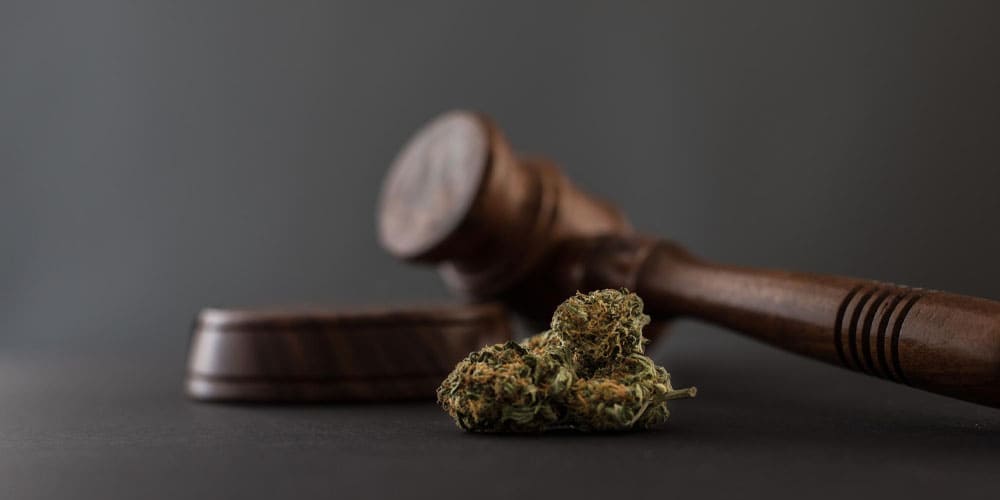
Real-world cases highlight the challenges and inconsistencies in current cannabis laws. In 2018, a man legally purchased medical cannabis in one state but was arrested while crossing into another that did not recognize his medical card. His arrest led to a contentious legal battle and raised questions about the rights of patients needing medical cannabis when traveling.
In another instance, a well-known cannabis company was forced to cease operations due to federal pressure stemming from accusations of transporting products across state lines. This caused not only a loss of business revenue but also disrupted access to cannabis for many patients and recreational users. Such cases illustrate how federal law significantly disrupts both consumer rights and business operations.
Moreover, legal challenges are continuously arising from patients, advocates, and businesses, each arguing for the rationalization of cannabis laws across state and federal levels. Some advocates are lobbying for more consistent and humane treatment of patients requiring cannabis, while others are pushing for federal reform to facilitate smoother business operations and eliminate legal ambiguities.
Immerse yourself in the sophisticated craftsmanship of APE Pre-Rolls, where each joint and blunt is expertly crafted to deliver an exceptional cannabis experience
Potential Future Changes

The growing public support for cannabis reform is driving potential legislative changes that could reshape the legal landscape. Efforts like the STATES Act aim to reconcile state and federal laws by preventing federal prosecution of cannabis activities that are legal at the state level. Such legislation could grant consumers and businesses the clarity and protection they need.
Further, the push for de-scheduling or rescheduling cannabis is gaining traction among lawmakers. By changing cannabis’s classification, federal authorities could unlock medical research potential and create a regulatory framework that aligns with state policies. This could also open the door to federal tax revenues and provide economic benefits to struggling regions.
However, significant barriers remain before these changes can take effect. Federal resistance, entrenched interests, and the sheer complexity of reconciling divergent laws all pose challenges. Yet, with increasing bipartisan support and mounting evidence of cannabis’s benefits, change may be on the horizon. Until then, consumers and businesses must remain vigilant, ensuring compliance to avoid the legal perils associated with crossing state lines with cannabis.















